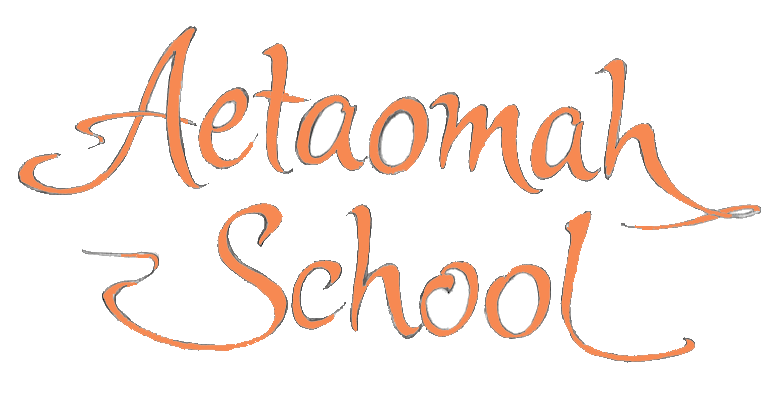


Rudolf Steiner
Rudolf Steiner (1861–1925) was an Austrian philosopher, school reformer, architect and esotericist. He founded the Waldorf Steiner School in Stuttgart, Germany in 1919, in response to the wishes of the workers at the Waldorf factory, for their children to receive an integrated education. Steiner oversaw the founding of the first school, developing a carefully structured approach to education.
Today, there is a worldwide movement of Steiner (Waldorf) schools offering a comprehensive, integrated curriculum that responds to a child’s age-specific, developmental needs.
Aetaomah
We are a small school, kindergarten to year 8, based on the educational work of Dr Rudolf Steiner. We are nestled in the picturesque hills below Wollumbin, 10 K south-west of Uki, beside the upper reaches of the Tweed River.
Society and the world today are becoming ever more complex. What skills, outlooks and approaches to life will the adults of tomorrow need?
At Aetaomah we educate through the arts and imagination, by making things, enjoying outdoor activities and agriculture; in this way we can creatively inspire the inquiring mind, delicately foster the child’s emerging thinking, care for the physical and emotional health and nurture social and leadership skills.
A big ask? All teaching, if done sincerely, is a big ask. With dedicated teachers working with wonder, imagination and the arts, doors open. After all we are now working with the child's inherent nature: life-filled imagination. Intelligent imagination in education opens up the world. Intellect alone narrows it. Look at the world potential for tomorrow.
Aetaomah School education is based on the research of Dr Rudolf Steiner. The curriculum is organised in accordance with the physical, social and emotional development of the growing child. Subjects, or aspects of subjects are taught at the time most suited to the age of the children. Fractions, for example, are introduced and developed in 4th class when the children are becoming more aware of themselves in relation to the world and are in a sense beginning to “fragment” it.
All subjects are taught through the arts and crafts: drawing, painting, music, singing, story, poetry, drama, modelling and a range of handcrafts.
Imagination is the key to the child’s world, especially through play and imitation in the kindertgarten, the artistic guidance of the teacher in primary school and informed leadership in high school.